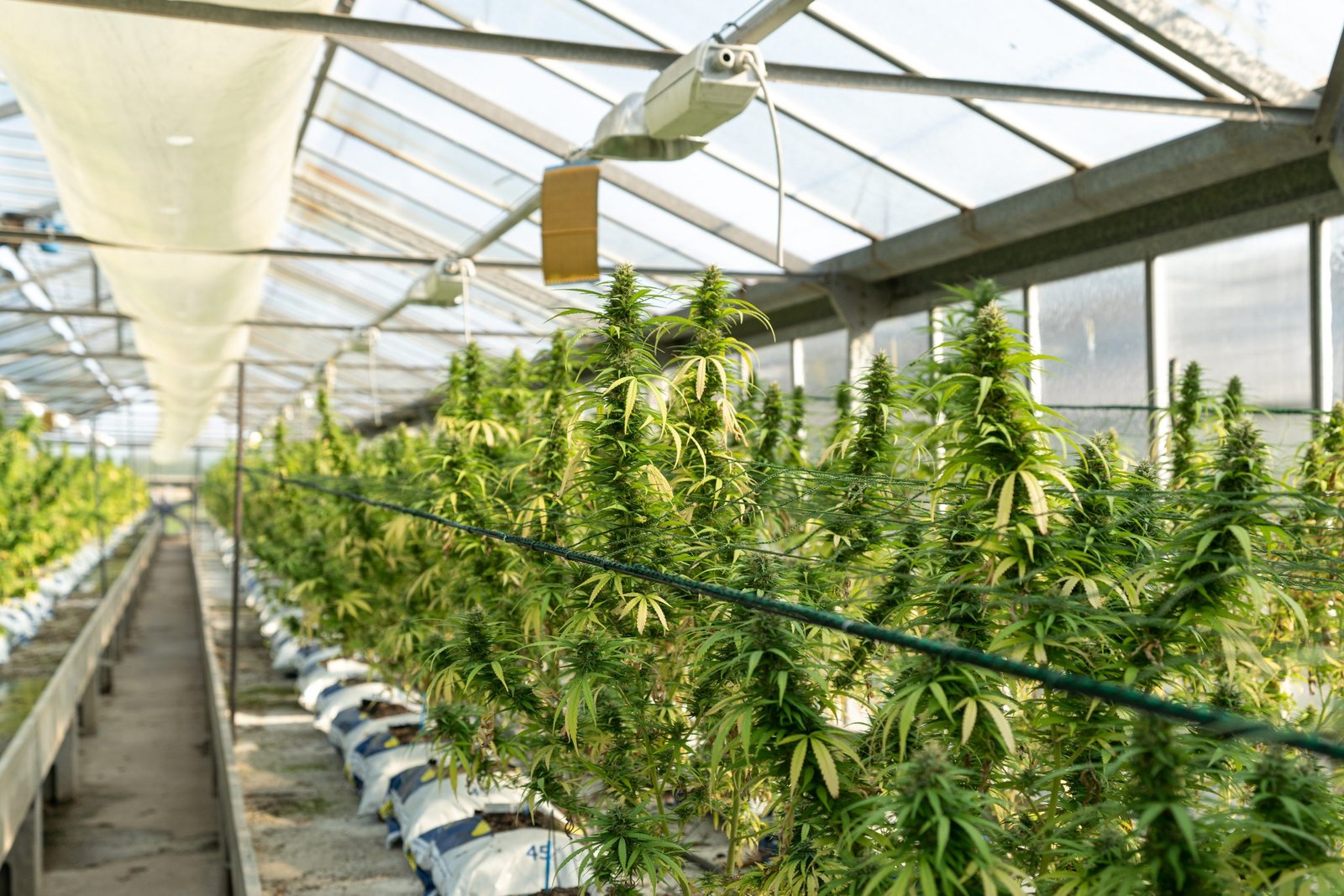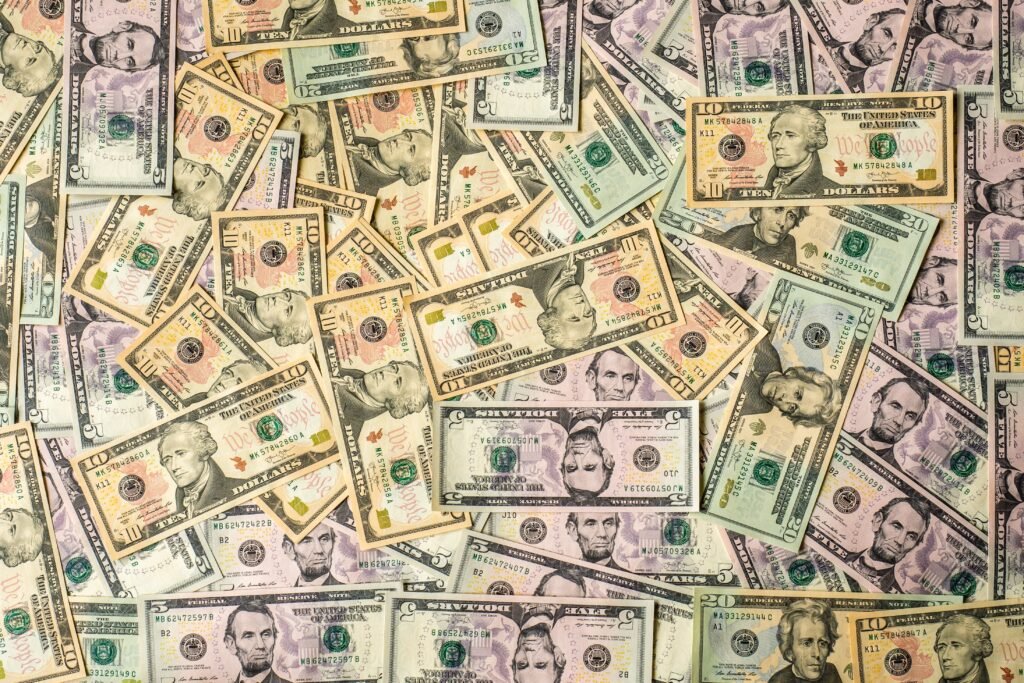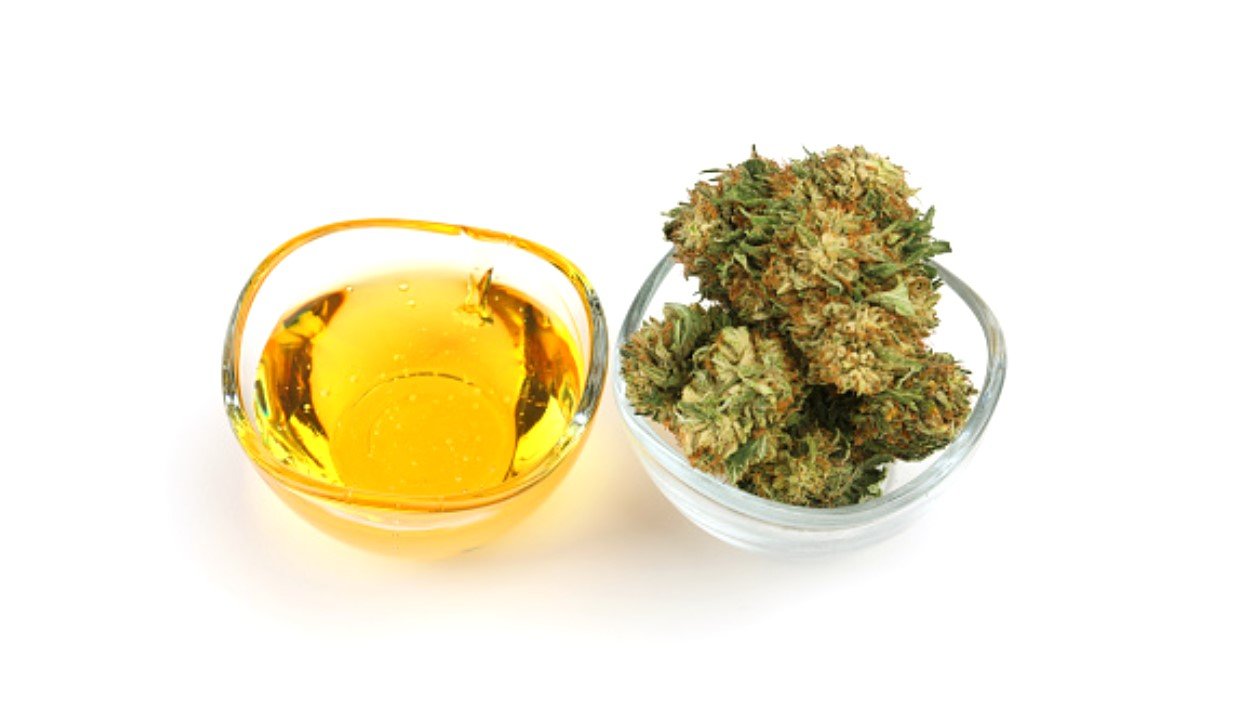3 Steps to Start a CBD Business

Analysts at BDS Analytics predict the US CBD market will be worth USD 20 billion by 2024.
CBD, the most known form of cannabinoids, is becoming more widely accepted by society. With many people taking it for its healing powers and natural effects on human bodies, CBD can be found relatively easily in gas stations and local stores.
Some of the trends CBD marketers might see in 2021 are increased potency, more brick-and-mortar shops and stores, more pharmaceutical options, and better access online through websites or e-commerce. Currently, 60% of sales come from the Internet.
The CBD industry is constantly introducing new products, so you have many types to choose from if you're thinking of starting a CBD business. Here are some of the most popular types: tinctures, edibles, capsules, and topicals.
This article will get more insights into how to start a CBD business.
Legal obligations
Despite the legalization of hemp under the 2018 Farm Bill, many regulatory issues are still to be considered. The 2018 Farm Bill officially removed hemp-derived CBD oil from the federal Controlled Substances Act, placing it under FDA oversight.
The FDA has not yet started regulations for selling or using CBD products; this gray area leaves marketing these products with health benefits off-limits. The FDA has initiated a crackdown against non-psychoactive CBD-infused foods and beverages in some cases, though such substances are exempt from federal drug policy.
Further complicating the regulatory landscape is the 2017 approval of Epidolex, an epilepsy medication. CBD-based pharmaceuticals are the main ingredient in this FDA-approved drug, so legally using it in food products without FDA approval could be illegal; clarity is seriously needed for all CBD businesses to abide by federal regulations.
CBD-based businesses need to be aware of the legal risks associated with their industry and should be mindful of any changes happening in the market.
Marketing the Products

Marketing and selling CBD products can be difficult, especially when government legislation is tricky. Trading such products on major online platforms like Amazon or eBay often violates their terms of service—or, even if not, they may ban your listing anyway. In addition, social media advertising is virtually nonexistent and carries a high risk of account suspensions or bans. Here is a question: How to sell CBD products?
Your only option for growth is to create organic content that complies with the specific guidelines for each platform you use. To be successful at advertising and selling your CBD products, you will need to be creative. It would be best if you established an online store or find a brick-and-mortar location.
A paid advertisement may be necessary to advertise a product, but it is always safer to engage with organic search strategy and customer loyalty programs. Local laws also take precedence in this field of work, so do your research before selecting a course of action.
Supplier
In deciding whether to act as a reseller or create your own branded business in the CBD space, you need to consider a couple of things.
Sources of CBD: In Europe, there has been a long history of hemp cultivation, and many American CBD wholesalers collect their products from them. Recently, more and more U.S.-produced CBD has become available for distribution worldwide.
When researching a hemp cultivator, ask them about how they farm and what farming practices they follow. If these are okay with you, then proceed to get those products at their standard quality.
Certificate of Analysis: COA reports are a standard way to document the chemical composition of cannabis products, so they must be accurate. COA reporting should list all the specific details of each batch, including purity, percentage, and concentration.
To ensure high-quality products, it is advisable to test the purity and potency through third-party testing.
CBD Business Loans

Even though CBD has been legalized, still many financial institutions reject working with CBD businesses. Given this, many banks still refuse loans to companies in CBD industries, while other lenders might approve some parts of CBD industry programs.
However, despite the challenges, it is possible to get a loan for your business. But knowing the different types of loans available is critical. The kind of loan you'll want to take will depend on the type of services you plan to purchase with your funds. Some of the most popular loan types for the CBD industry are equipment loans, merchant cash advances, lines of credit, and term loans.
Research before deciding to apply for one.
Do You Need a License To Sell CBD?
Keep in mind that it might be necessary for you to purchase a license before selling CBD. Please note, this is only the case if your state or local jurisdiction requires one. When you want to purchase a product wholesale and become a CBD oil products distributor, having the proper resale license is essential if it's required in your state.
CBD products are trending and selling well, so consider adding CBD items to your boutique, clinic, café, or practice. As long as you sell high-quality CBD products through a reputable distributor and comply with any regulatory requirements on your state law, then you should be able to sell CBD.
All in All,
We hope this post has helped you learn more about how to start your own CBD business. If there are any questions, please feel free to reach out, and we will be happy to help!. The cannabis market is growing exponentially with no signs of slowing down anytime soon, this creates new CBD business opportunities. Thus, it might be the perfect time for you to get in on it as well!!



